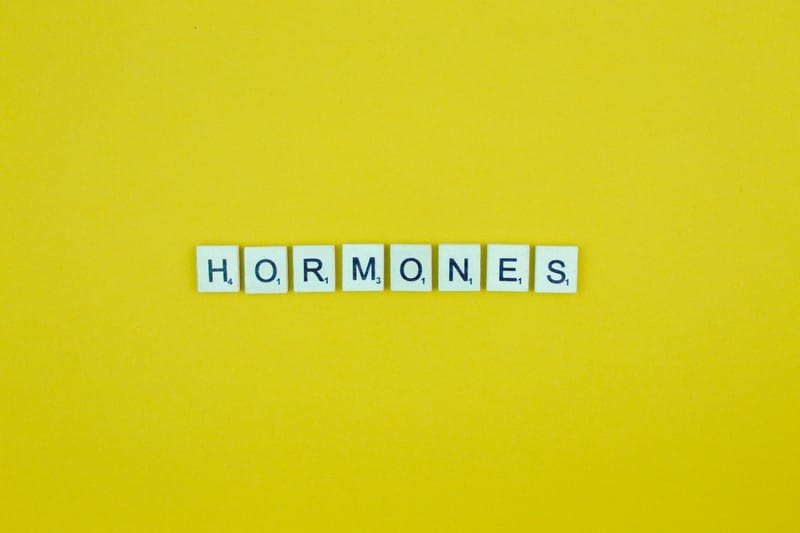Hormonal Changes

Most research suggests that prostate gland enlargement is mainly caused by a hormonal imbalance that occurs as men age. For instance, estrogen plays a crucial role in healthy prostate development. This hormone contributes to the high incidence of benign prostatic hyperplasia among the aging male population. Therefore, exposure to estrogen in the womb may interrupt healthy prostate development.
Intra-prostatic and serum estradiol levels increase in older male adults despite the decreasing levels of estrogen and testosterone. Furthermore, studies reveal that men with benign prostatic hyperplasia have higher serum estradiol levels.
Changes in other serum hormones indirectly control the effects of estrogen on the prostate gland. For example, estrogen triggers the pituitary gland’s release of hormones, such as prolactin. Prolactin is yet another hormone that stimulates prostate enlargement.
Androgens also play a crucial role in the growth and development of a healthy genital tract. These hormones favor the prostate gland’s proliferation of stromal and epithelial cells. The abnormal interaction between growth hormones and steroid hormones may cause an imbalance between cell proliferation and cell death, resulting in prostate gland enlargement.










